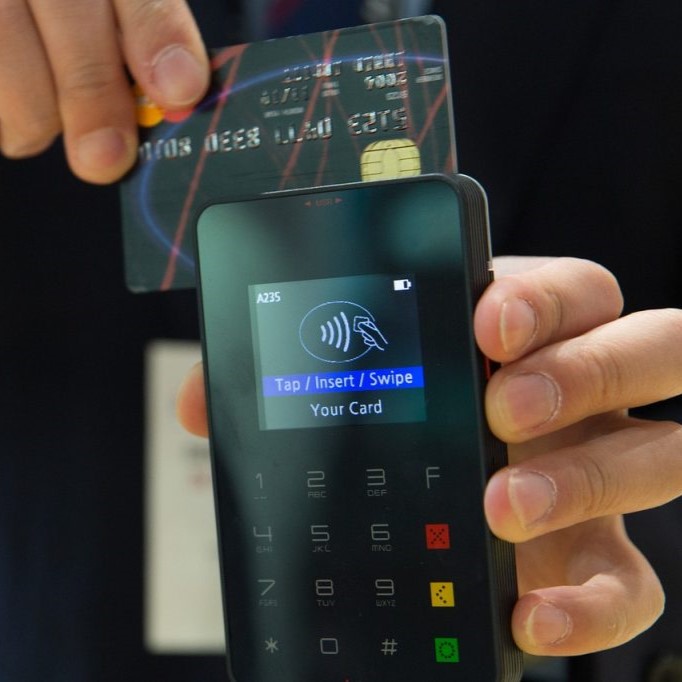Having taken aim at credit card late fees and interest rates, and having targeted non-bank digital wallet providers, Consumer Financial Protection Bureau Director Rohit Chopra has now indicated his regulatory agency is turning its attention to credit card acceptance costs.
Chopra’s comments Thursday came as the Credit Card Competition Act, which is aimed at reducing merchant card-acceptance fees by requiring network choice, has been re-introduced in Congress. During an interview on CNBC’s “Squawk Box,” Chopra said the agency has heard from merchants that credit card acceptance fees have reached a point where they “don’t know how much they’re going to pay when a card is swiped depending on if it’s a credit card or debit card or something else.”
While Chopra addressed credit card acceptance costs, his primary focus was on ensuring competition. “It’s not about price setting, it’s about competition,” said Chopra, who did not specifically mention the CCCA or take a position on it.

The CCCA would require financial institutions with $100 billion or more in assets to enable at least one network other than Visa or Mastercard for credit card transaction processing. The bill, initially introduced in 2022, was reintroduced in the Senate earlier this year by its primary sponsors, Senators Richard Durbin (D-Ill.) and Roger Marshall (R-Kan.).
During the interview, Chopra acknowledged there is “bipartisan interest in Congress” in how to deal with acceptance costs. But, he added, as a regulatory agency the CFPB is going to “look to stop abuses and anti-competitive conduct” on the consumer side of the business. Chopra said the CFPB regulates only the consumer side in payments.
Chopra’s remarks were welcomed by the Merchants Payments Coalition, which supports the CCCA and the need for more competition when it comes to credit card acceptance costs.
“Swipe fees have a huge negative impact on consumers, and it’s significant to see the head of a consumer-protection agency expressing concern about them,” Doug Kantor, an MPC executive committee member and National Association of Convenience Stores general counsel, said in a statement. “These fees are too much for small businesses to absorb, so it’s consumers who ultimately pay swipe fees through higher prices. That is why a broad range of consumer and union groups recently formed a coalition to support reform of credit card swipe fees.”
Some payments experts, however, counter Chopra’s contention that the card-acceptance business lacks competition. “Director Chopra manages to suggest that payments aren’t competitive, which doesn’t bear even cursory scrutiny,” Eric Grover, proprietor of the payments consultancy Intrepid Ventures says by email. “Retail-payment-network competition including Visa, Mastercard, American Express, Discover, PayPal, Venmo, increasingly Zelle, open banking, and cash, is intensely competitive. Issuing and acquiring, too, are ferociously competitive.”
Grover, who opposes the CCCA, adds “the CFPB has been clever and relentless expanding the scope of its regulation.”
The CFPB has been active this year in seeking to expand its oversight in such payments-industry segments as non-bank digital wallet providers and in arguing that credit card late fees and interest rates are taking a financial toll on consumers.
The Electronic Payments Coalition, which opposes the CCCA, countered Chopra’s position that lack of competition is inflating card-acceptance costs. The EPC lobbies on behalf of payments providers. “Credit cards are the safest, most convenient and cheapest way for consumers to pay and businesses to accept payment,” an EPC spokesperson says by email. “Placing mandates on our nation’s payment system similar to those in other countries where the government set price controls will limit access and increase costs for consumers.’
“The real question supporters of Durbin-Marshall haven’t answered,” the spokesperson adds, “is why should anyone believe these mandates will result in savings for consumers.”





